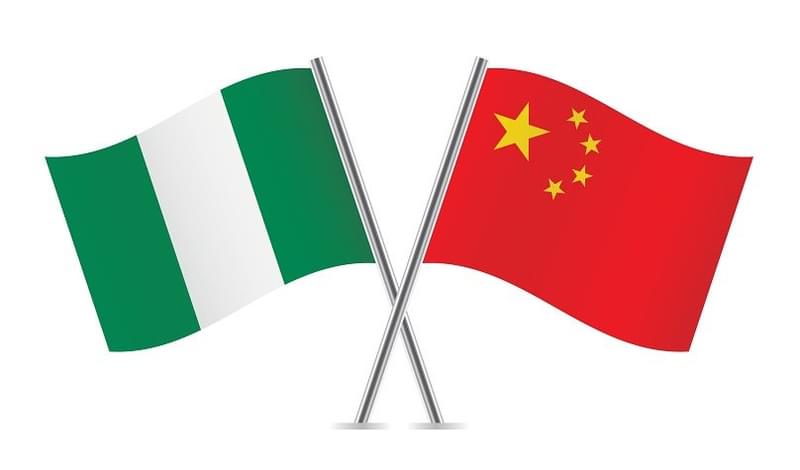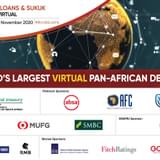Nigeria’s finance minister Kemi Adeosun recently said the country could look to Japanese and, particularly, Chinese offshore bond markets to help plug its US$11bn budget deficit. This would be the country’s first Panda bond, and the first time it issued debt internationally since 2013 when it sold US$500mn five and 10-year notes.
Adeosun recently signalled that the Government of Nigeria would look to borrow up to NGN1.8tn (about US$5bn) from a broad range of local and international sources.
Nigeria’s President Muhammadu Buhari is in China this week negotiating a US$2bn loan, which if secured will help fund a slew of infrastructure projects in the country. The move comes just two months after the country entered into negotiations with the African Development bank over a possible US$1bn loan.
Nigeria’s cost of debt has been steadily rising since its last international debt issuance; during that time the government has borrowed heavily as the price of oil dropped to staggering lows. Yields on its US$500mn five and 10-year notes were 5.38% and 6.63%, respectively, when issued in 2013. New five and 10-year notes auctioned in March were marked to yield 11.334% and 12.17%, respectively. Standard & Poor's rates Nigeria at B+, while Moody's and Fitch give the sovereign a Ba3 and BB-, respectively.
As a result, many analysts believe Nigeria will be able to secure cheaper pricing if it inks loan deals with large multilaterals and other states instead of tapping international debt markets – including the Chinese offshore bond market.
Crude oil exports constitute 95% of Nigeria’s foreign earnings. Nigeria relies on oil for around 66% of government revenues, and initial forecasts for the country’s 2016 deficit was based on crude oil prices remaining at US$38 per barrel. It is currently hovering around US$30.
“The Eurobond is still on the cards, largely because the government doesn’t want to issue too much in the local market – an issuance of that size could end up crowding out the market and driving up the cost of borrowing even further,” said Oluseun Olatidoye, Head, Debt Capital Markets at Lagos-based FBN Quest.
Olatidoye believes that if the government is indeed able to raise as much as US$5bn from the sources it is currently consulting, and if at least half the remaining NGN1.2tn the government needs can be funded through the Treasury Single Account – a consolidated government account established last year and held with the Central Bank of Nigeria – then the remaining (roughly) US$600mn required could be sought from the local market without disrupting liquidity or pricing dramatically.
He said that while it makes sense for the Nigerian government to look at tapping into Chinese liquidity, the biggest challenge then becomes avoiding a currency mismatch when it comes to putting that money to use funding local projects.
“If you’re funding infrastructure that is denominated in dollars, I’m just not sure raising yuan would make a big dent… we should be able to balance both sides of the equation appropriately to determine what sources of funding we really need.”









